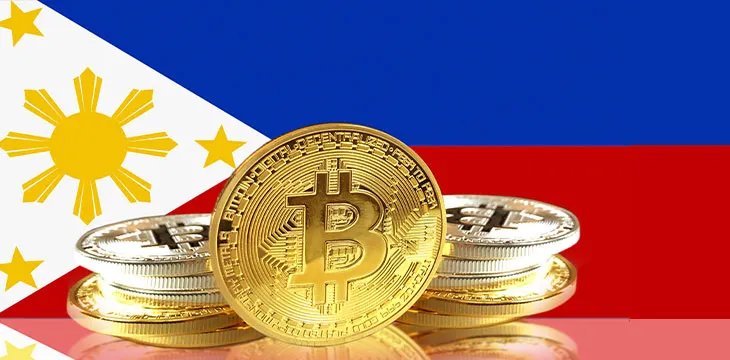|
Getting your Trinity Audio player ready...
|
Philippine’s central bank, the Bangko Sentral ng Pilipinas (BSP), has approved the application of Philippine Digital Asset Exchange (PDAX) to operate in the country.
PDAX, which dubs itself “the first crypto-trading platform built specifically for Filipinos,” said in a blog post that it will be offering the trade of Bitcoin Cash (BCH), as well as ETH, XRP, BTC and LTC, with more “locally in-demand coins” to be made available in the coming weeks. The company is currently offering a beta version of its platform to a limited number of traders.
“With the approval granted to us by the BSP, we hope to make financial markets more accessible to everyone,” PDAX CEO Nichel Gaba said.
Philippine pesos could be directly exchanged for cryptocurrencies, “thereby easing the costs and difficulties that many Filipino crypto-traders are currently forced to deal with,” PDAX’s statement read, adding, “Through its partnership with major local banks and payment service providers, PDAX also affords its clients the convenience of cashing in and out of their account wherever they are and whenever they need to.”
PDAX is among the first exchanges to get approval from the BSP, which released Circular No. 944 in February 2017, outlining the requirements for virtual currency exchanges (VCEs) to operate. The circular, PDAX noted, ensures that exchanges are compliant with requirements of the Philippines’ Anti-Money Laundering Council, itself chaired by the BSP governor.
Prior to PDAX, five VCEs had already been approved by the BSP. However, the industry is awaiting the Philippine Securities and Exchange Commission’s (SEC) draft rules for VCEs, which Commissioner Ephyro Luis Amatong had said would “hopefully” be out within the first half of September. According to Amatong, the SEC has already been in talks with the BSP for joint oversight of exchanges. The SEC would need to be involved, Amatong explained, due to VCEs acting as trading platforms and not just money changers.

 07-13-2025
07-13-2025 





